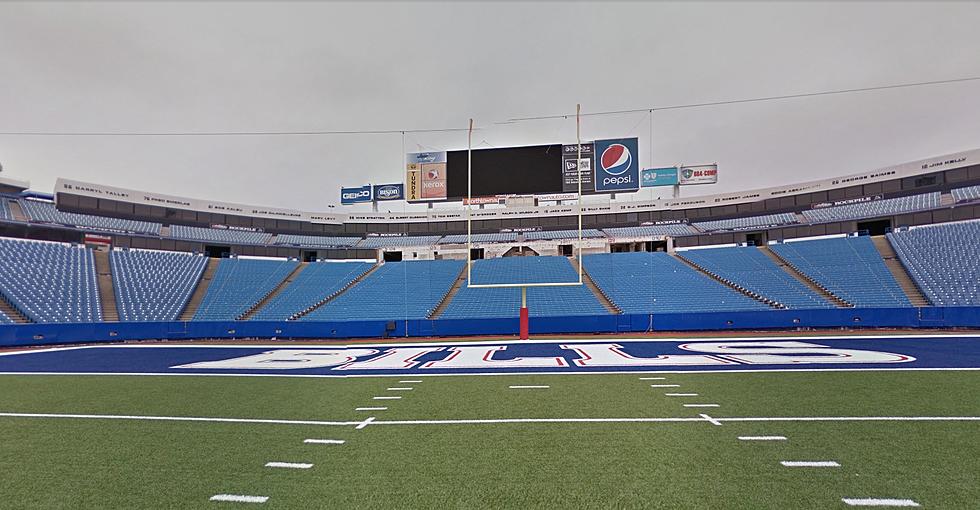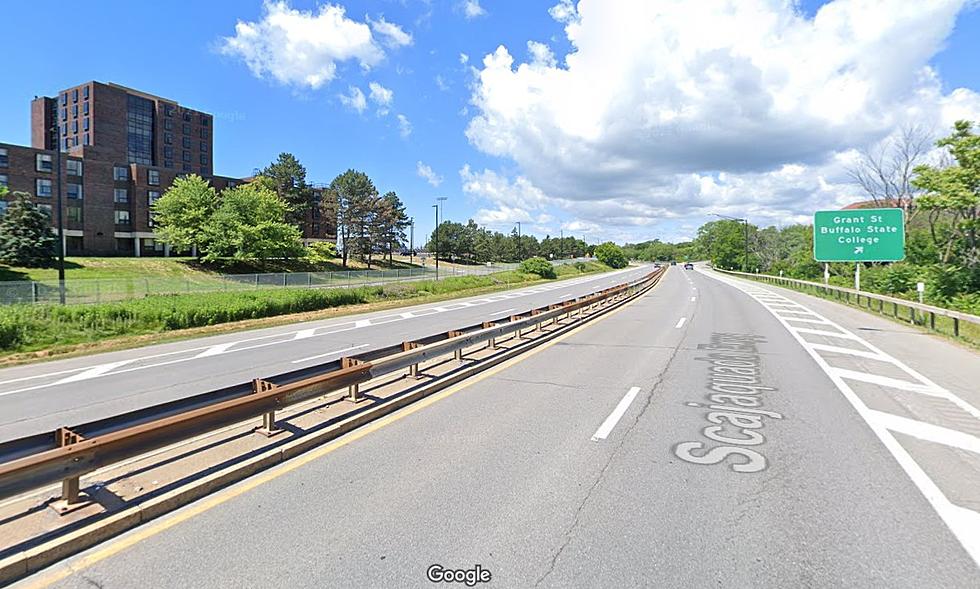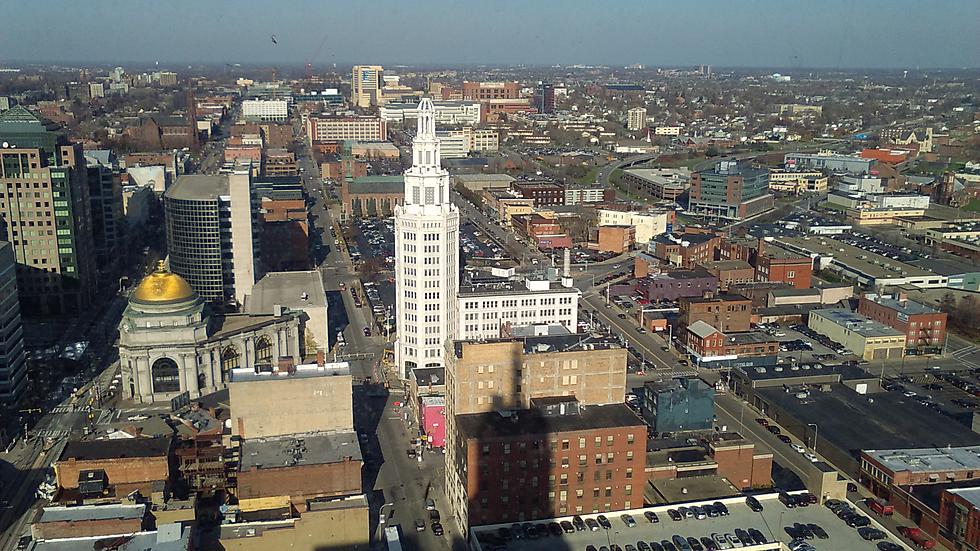
New Buffalo Bills Stadium In Orchard Park Is a Dumb Idea
While there are plenty of good reasons to continue this bad mistake, can we at least agree that keeping the Buffalo Bills stadium in the suburbs is a bad idea?

First, let's just get this out of the way and say that I fully recognize the Buffalo Bills belong to the Pegula's and Pegula Sports & Entertainment (PSE), and they can choose wherever they want for their new stadium. They have decided the future of our beloved Buffalo Bills shall remain in Orchard Park for at least the next 30-years. I may not like it, but it is what it is.
However, that does not mean it's a good idea. In fact, it's a very dumb idea.
If you ask anyone of a certain age what one of the biggest mistakes that Buffalo has made, almost universally you will hear one of two answers:
- Building the new University at Buffalo campus in Amherst, and
- Allowing the Buffalo Bills to move to Orchard Park.
This is a once-in-a-lifetime opportunity for Buffalo, Western New York, and New York State to fix a wrong that was done 50 years ago.
I understand that an urban stadium in the city would be more expensive to build than a suburban one, but we're already on the hook for $850,000,000 of the reported $1.4 billion; at this point what's another $300 million going to cost us as a community? I'll tell you what it would cost us, I did the math, and it would be another $15.43 per New York State resident.
If you look at just about every recent stadium build, along with most cities in our area, they have their stadiums as part of their urban core. Cleveland, Detroit, Cincinnati, Chicago, Minnesota, Seattle, Pittsburgh, and Baltimore all have built their stadiums right in the city center.
Why not Buffalo?
I would think that since we kicked off the trend of building urban baseball stadiums, don't forget that Sahlen Field was the inspiration for Camden Yards in Baltimore and Coors Field in Denver, we would continue to be progressive and do the same with a new Bills stadium. However, that's not going to be an option in this case.
I don't know about you, but I would much rather spend $1.7 billion to fix a mistake instead of spending $1.4 billion to double down on a mistake.
The 6 Dumbest Things That Buffalo Has Done
Bills Mafia's Wishlist For The New Buffalo Stadium
Buffalo Bills Players Who Had Their Own Cereals
More From 93.7 WBLK
![Buffalo Is Making A Huge Mistake…Again… [OPINION]](http://townsquare.media/site/11/files/2023/05/attachment-Downtown-Buffalo-Stadium-3.jpg?w=980&q=75)
![Titans New Stadium Going In Middle Of City, Why Not Buffalo? [Opinion]](http://townsquare.media/site/11/files/2022/11/attachment-Downtown-Buffalo-Stadium-2.jpg?w=980&q=75)







